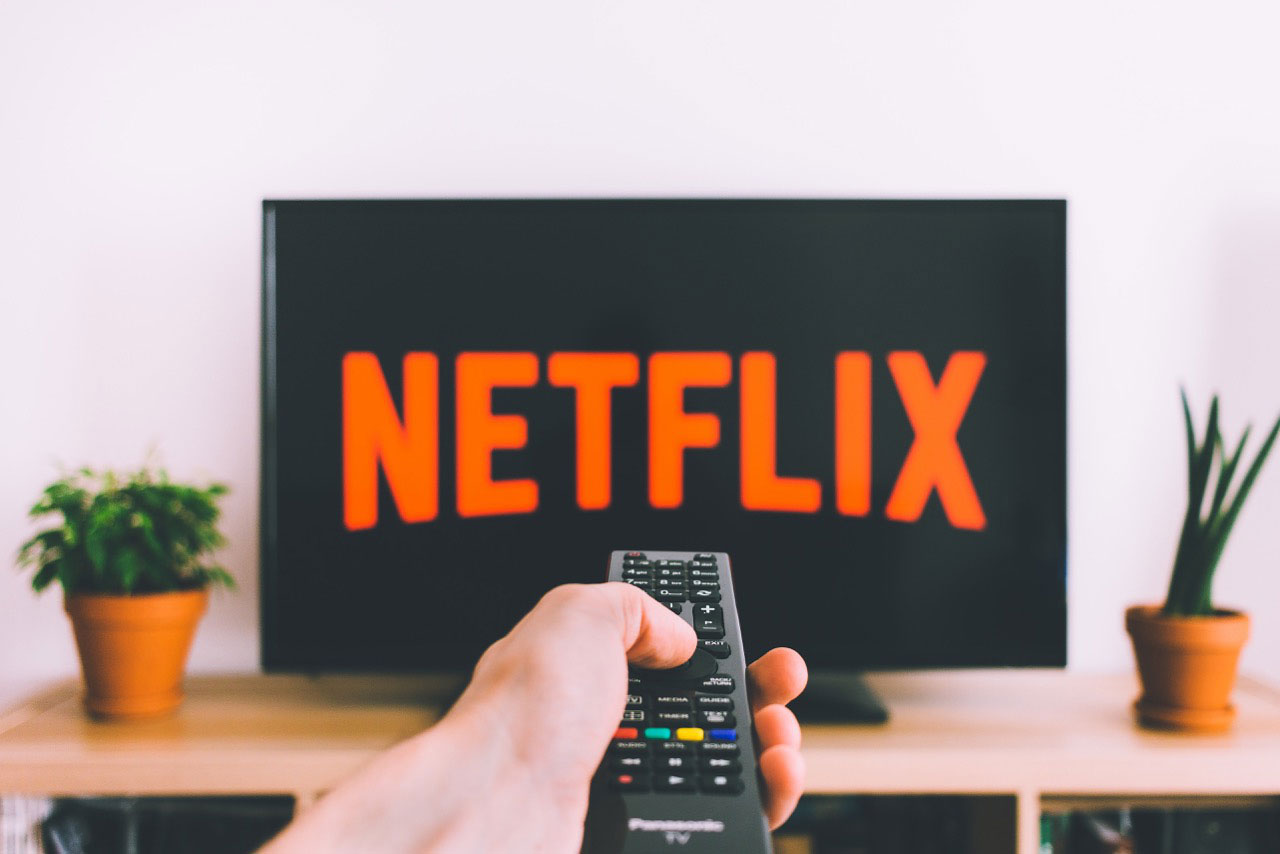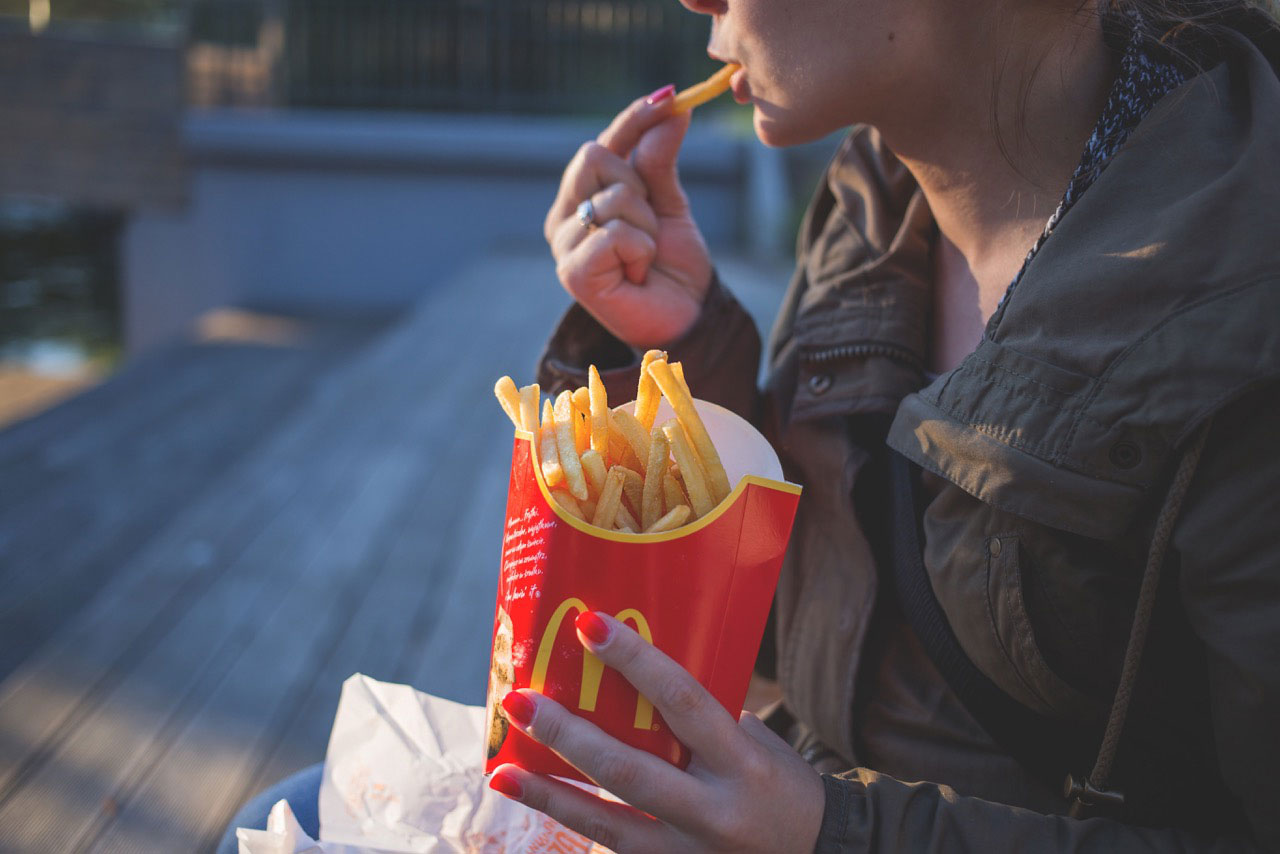
Uber, Lyft, Grubhub, Amazon Prime, Netflix, social media and many more… All of these insanely successful companies all have one thing in common – convenience.
In today’s day and age, convenience is a necessity and people will pay top dollar to have it. Where everything is literally available to you at the press of a button, it seems only natural that everything should be that way. Right?
Well… most things.
But as people get more and more accustomed to having fast fulfillment, they do truly begin to want everything right away. It becomes a habit. An expectation. Hence the immediate gratification culture.
What is immediate gratification? According to Entrepreneur magazine, immediate gratification is “the desire to experience pleasure or fulfillment without delay or deferment. Basically, it’s when you want it; and you want it now.”
However, coupling this mindset with wellness-based goals such as weight loss, could have catastrophic effects. It seems common sense would indicate that goals related to physical appearance, internal health and physiology-based approaches should garner a focus on the long term. But studies show that it is not that way. People are beginning to see health and wellness as something that can be bought and delivered like an Amazon package.
And in reality, it just isn’t that way.

In November 2019, both Medical News Today and Inside Hook published articles that share shocking statistics. Even though more and more people report greater focus on wellness and increased efforts to lose weight, the average Body Mass Index (BMI) of the population is the highest it’s ever been, and is only predicted to continue to rise.
In 2016, 42% of surveyed participants said they were trying to lose weight, up from 34% in years prior. On the other hand, obesity rates in 2016 were at 39.6%, up from 33.7% in 2008.
While there can be many reasons for this, such as incorrect methods of approaching weight loss, it all stems from one thing – a lack of adherence. Whether you’re going for extreme means of dieting, over-exercising, undereating, crash dieting or taking fat-loss supplements, they all promise one thing – weight loss, fast.
But what people are finding is that while these methods may provide quick, albeit unhealthy, results at the beginning, they’re hardly ever sustained. And as adherence is key in all wellness attempts, the lack of up-front results that stick, undermines their confidence and discourages people back into their old ways.
So how do you combat this as an individual, or as an employer trying to facilitate healthy lifestyles for your employees?
Perhaps you have some weight loss or wellness goals yourself, that you struggle to achieve because you’re finding it difficult to focus on the long term?

There are three ways you can make the mindset switch from the immediate, to delayed gratification response.
Step 1
Set expectations that it takes TIME to build a healthier mind and body. Expecting to achieve wellness results fast is the highway to self-sabotaging your journey.
You must realize that health and wellness changes are long-term games and patience is the key to results. Before you move on to Steps 2 and 3, set realistic time-bound expectations to achieve your goals and figure out exactly what it takes to get there healthfully, which may include enlisting the help of a professional.
You may also want to set expectations for the struggles and bumps in the road that you’ll experience. While a lot of people lose motivation at the first sign of hardship and discouragement, having already-set expectations of running into some roadblocks is a good way to plan for such, and keeps you prepared to overcome them.

Step 2
Encourage small SUSTAINABLE changes to lifestyle. Immediate gratification stems from wanting everything right away which, when you try to bite off more than you can chew, often leads to quickly abandoning your efforts.
However, if you start small and master or complete small steps along the way instead of trying to change everything at once, you’re more likely to adhere to your journey.
Examples of this can be in fast food. If you usually eat fast food daily, instead of quitting cold turkey, experiment with first limiting to maybe five times per week. Then, perhaps three, then one… then eventually none.
If you’re trying to lose weight and you’d love to make changes to your eating habits, your exercise habits, you’d like to walk more, meditate more or do more yoga, pick one and do that right. Perhaps aim to get into the gym three times weekly before you address your eating habits. Or choose to increase your daily step count before you work on fitting in meditation.
Small changes to your lifestyle, gradually over time, can help you hone in on delayed gratification and eliminate the “need it now” mindset.
Step 3
Reinforce your MOTIVATION with milestone rewards.
Whether we like it or not, humans are creatures of incentive and habit. What gets reinforced gets done. And whatever your health goal may be, it could be good for you to identify those small changes to your lifestyle.
Set milestone goals for each goal, and reward yourself for their completion. That way, it gives you something to look forward to at each stage, and renews your motivation when you reach each milestone.
For example, perhaps your interim goal was losing five pounds in the month of January. Hooray! It’s now February and you’ve reached that goal! How about a nice dinner out with a loved one or a brand new set of smaller size workout clothes? Things that will keep you excited to continuously reach your small milestone goals will help immensely with motivation, drive and switching from your “immediate gratification” mindset.
Wellness is something that you must work to achieve – for life – and while that sounds like a chore it will pay 10 times the return for your health, happiness, longevity and keep you ready for anything WHEN the time is right.

“I am excited to join an organization that understands the whole person and truly is dedicated to making lives better. Welcoming a new WHEN ADVISOR role in 2020. Thank you!”
_________
Nikki Cohn-Byrd is a Phoenix-based health and wellness advocate and founder of wellness consulting company Welliance, that helps small businesses and startups in the wellness industry grow, scale and remain relevant in the nation’s most competitive and dynamic industry. When she’s not working on building her business, she loves spending time outdoors, being active, exercising, trying out new restaurants and healthy recipes, and traveling.